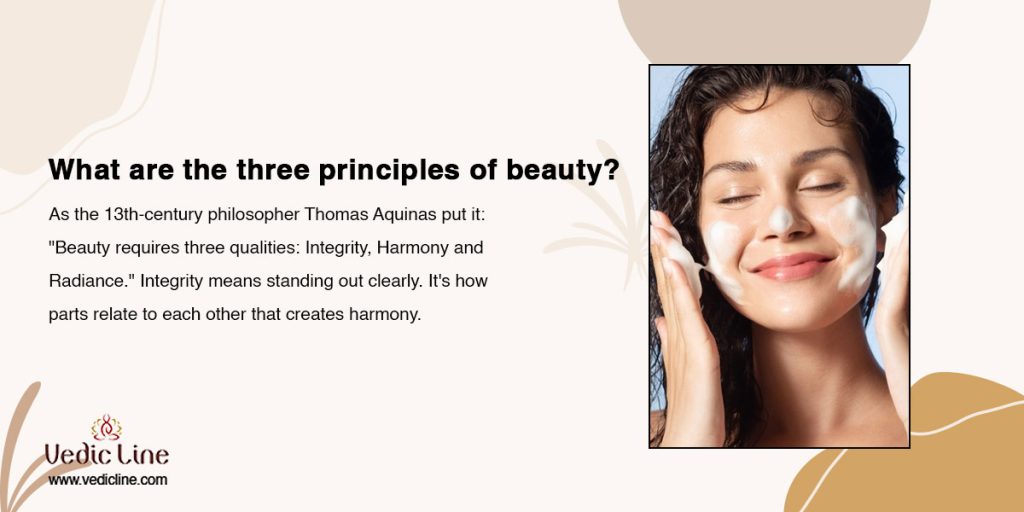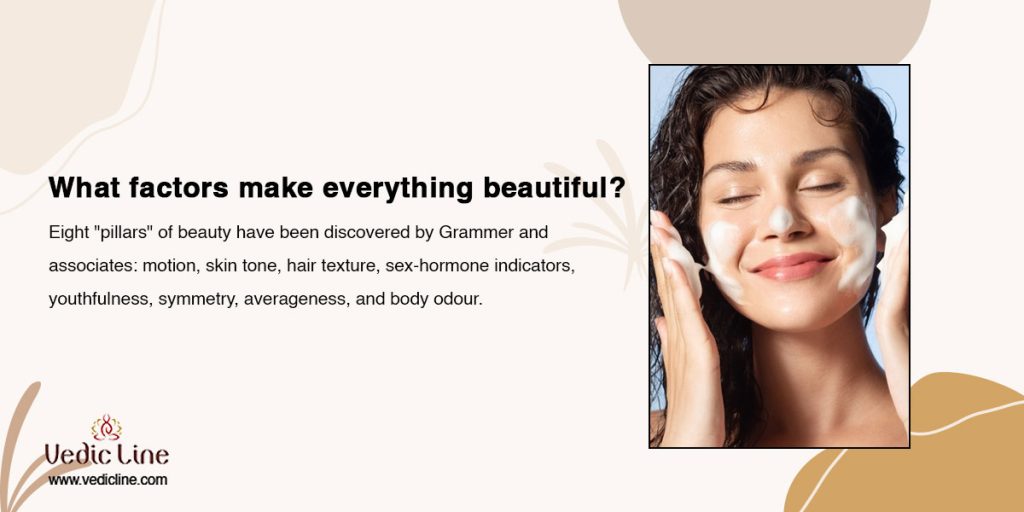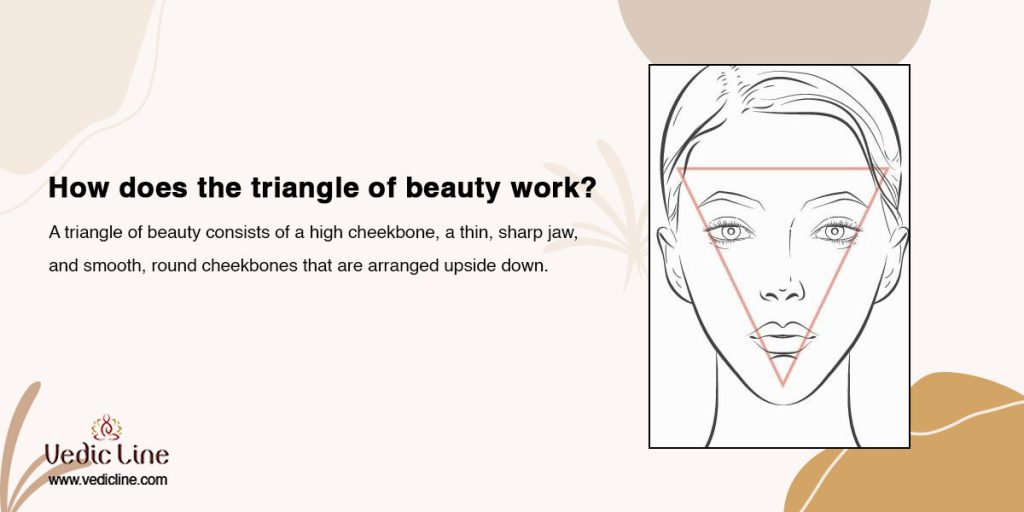In our quest for radiant, healthy skin, we often use various skincare products and routines. However, skincare isn’t just about creams and serums; it’s deeply intertwined with culture and tradition. Across the globe, different societies have developed unique beauty rituals and skincare traditions. Additionally, these practices are often passed down through generations. Understanding these diverse practices not only enriches our skincare knowledge but also fosters an appreciation for the cultural tapestry of beauty. In this blog, we’ll delve into the fascinating world of skincare, exploring how different cultures influence beauty rituals and traditions.
Ancient Beauty Secrets:
a. Egypt: The ancient Egyptians were pioneers in skincare, using natural ingredients like honey, milk, and essential oils. Cleopatra famously indulged in milk baths for soft, supple skin.
b. China: Traditional Chinese medicine emphasizes balance and harmony. Additionally, practices like gua sha (skin scraping) and acupuncture are believed to promote circulation and vitality, contributing to healthy skin. Moving on to India, Ayurveda, a holistic healing system, places great importance on skincare. Furthermore, ingredients such as turmeric, neem, and sandalwood are used in various skincare rituals to cleanse, nourish, and rejuvenate the skin.

Asian Skincare Rituals
a. Korea: K-beauty has taken the world by storm with its multi-step skincare routines. From double cleansing to sheet masks, Korean skincare emphasizes hydration and gentle exfoliation for a glowing complexion.
b. Japan: Japanese skincare focuses on simplicity and effectiveness. The use of rice bran, green tea, and seaweed extracts in products like cleansing oils and essences reflects a commitment to natural ingredients and meticulous skincare routines.
Indigenous Beauty Practices
a. Maori (New Zealand): The Maori have long relied on native plants like Kawakawa for skin care. Traditional tattooing (ta moko) is not only a cultural rite but also a form of skincare, as the tattooing process involves cleansing and healing rituals.
b. Indigenous Australians: Aboriginal skincare traditions center around bush medicine, utilizing native botanicals like tea tree oil and eucalyptus for their antibacterial and healing properties.
African Beauty Rituals
a. Morocco: Moroccan beauty rituals often revolve around argan oil, known for its moisturizing and anti-aging benefits. Traditional hammams, or steam baths, are integral to Moroccan skincare, promoting detoxification and relaxation.
b. Nigeria: Nigerian beauty traditions encompass a rich tapestry of practices, including shea butter massages and black soap cleansing. Natural ingredients like palm kernel oil and cocoa butter are celebrated for their skin-nourishing properties.
Western Beauty Trends
a. Europe: From French pharmacies to Nordic skincare brands, Europe boasts diverse beauty traditions. French women favor minimalistic yet luxurious skincare, while Scandinavian beauty emphasizes simplicity and sustainability.
b. United States: American beauty trends often prioritize innovation and technology. Furthermore, with a focus on anti-aging and sun protection, American skincare routines frequently incorporate serums, retinoids, and SPF products.

India
Ayurveda and Herbal Remedies in India, skincare is deeply intertwined with Ayurveda, an ancient holistic healing system. Ayurvedic skincare emphasizes balance among the body’s energies or doshas: Vata, Pitta, and Kapha. Ingredients like turmeric, neem, and sandalwood are staples in Ayurvedic skincare, prized for their cleansing, soothing, and rejuvenating properties. Traditional practices such as Ubtan, a homemade herbal paste used for exfoliation, have been passed down through generations, embodying India’s rich cultural heritage and reverence for natural remedies.
Morocco
Beauty Secrets of Argan Oil In Morocco, argan oil has been treasured for centuries as a beauty elixir with unparalleled moisturizing and anti-aging properties. Extracted from the kernels of the argan tree, which grows exclusively in southwestern Morocco, argan oil is rich in antioxidants, essential fatty acids, and vitamins. Moroccan women incorporate argan oil into their skincare and haircare routines, viewing it as a symbol of beauty, health, and femininity. The production of argan oil also plays a significant role in empowering rural women and preserving traditional craftsmanship.
Brazil
Natural Ingredients and Body Positivity Brazilian beauty culture celebrates diversity, sensuality, and the joy of self-expression. Skincare in Brazil often revolves around natural ingredients sourced from the Amazon rainforest, such as açai berry, cupuaçu butter, and Brazil nut oil. The ritual of banjo, a cleansing bath infused with aromatic herbs and flowers, is a cherished tradition that cleanses the body and refreshes the spirit. Brazilian beauty ideals embrace body positivity, encouraging individuals to embrace their natural curves and celebrate the beauty of all shapes and sizes.

Closing Thought
Exploring global skincare rituals offers a glimpse into the rich tapestry of human culture and history. From Japan’s reverence for simplicity and nature to India’s ancient Ayurvedic traditions, each culture brings its unique perspective to skincare. By embracing these diverse practices, we not only enhance our beauty routines but also gain a deeper appreciation for the cultural heritage that shapes our world. Whether it’s Korea’s innovative skincare routines or Brazil’s natural beauty secrets, the global beauty landscape is a testament to the beauty of cultural diversity.



